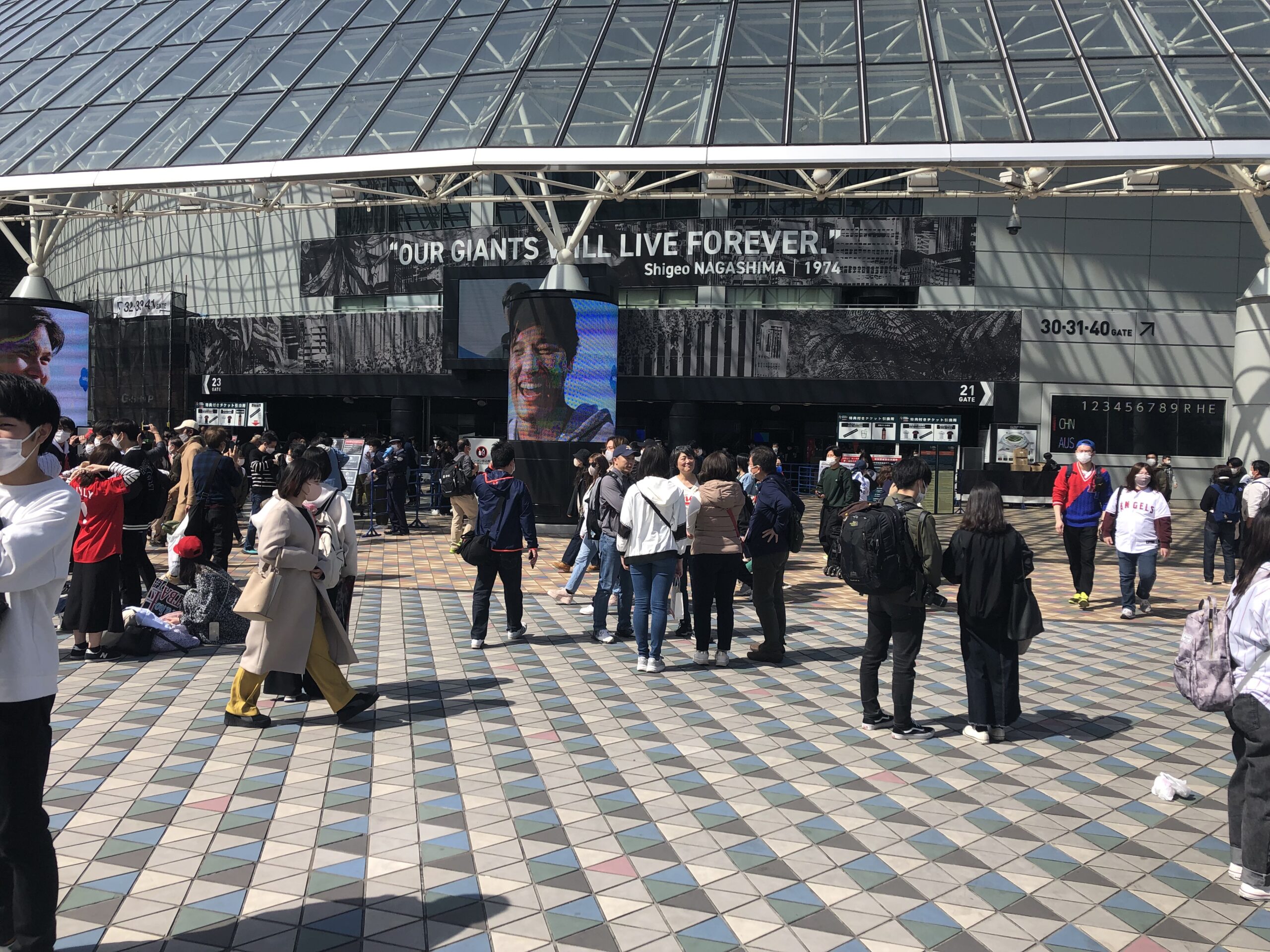Foreign Player Quota in Japan (NPB)

Foreign Player Quota in Japan (NPB)
🇯🇵 Foreign Player Quota in Japanese Professional Baseball (NPB)
Japanese professional baseball, known as NPB (Nippon Professional Baseball), has a unique rule that limits the number of foreign players a team can use. This is referred to as the “foreign player quota” and is intended to maintain competitive balance and promote domestic player development.
In this article, we’ll explain the rules, history, exceptions, and future possibilities surrounding this quota in a way that’s clear and easy to understand.
⚾ What is the Foreign Player Quota in NPB?
As of 2024, the rules for foreign player participation in NPB are as follows:
- ✅ Up to 5 foreign players can be registered on the first-team roster
- ✅ A maximum of 4 foreign players can play in a single game at the same time
However, you cannot field all four as pitchers or all four as position players. The allowed combinations include:
- 3 pitchers + 1 position player
- 2 pitchers + 2 position players
🗂 Historical Background

The foreign player quota has evolved over time:
🕰 Pre-war to early post-war – No restrictions on foreign players
🕰 1950s–1960s – The introduction of a foreign player limit (initially 2)
🕰 1990s – Growing need for foreign talent led to relaxed restrictions
🕰 2002 – Current rule (5 registered, 4 active) was established
🌍 Who Is Considered a “Foreign Player”?
In NPB, a foreign player is defined as someone who does not hold Japanese nationality. However, there are important exceptions:
🆔 Players who went through Japanese high school, university, or industrial leagues may be treated as “Japanese players”
🆔 Players who have been in NPB for 8 or more seasons can earn free agency rights (FA) and are no longer counted toward the foreign player quota.
📌 Example:
- Yang Dai-kang (陽岱鋼) – A Taiwanese player who attended a Japanese high school = Treated as Japanese
- Ramirez – Played more than 8 seasons in NPB = Exempt from the quota
📈 Impact of the Quota
This rule significantly affects both team strategies and player careers:
💰 From the team’s perspective:
- Strategic use of limited slots is key
- Balancing pitchers and hitters is crucial
🎖 From the player’s perspective:
- Must produce results quickly or face being cut
- Success leads to lucrative contracts and long-term opportunities
📢 From the fan’s perspective:
- Excitement over international talent
- Unique matchups and cultural diversity
❓ Foreign Player Quota Q&A
Here are answers to the most frequently asked questions!
Q1. How many foreign players can an NPB team have?
✅ A. Up to 5 can be on the first-team roster, but only 4 can play in the same game.
Q2. Are there any limits on foreign players in the minor league (ni-gun)?
✅ A. No.
There is no restriction on foreign players in the second team. Teams can sign and develop as many foreign players as they like.
Q3. When is a foreign player treated as a “Japanese player”?
✅ A. If they meet one of the following conditions:
🔹 Played in a Japanese high school, college, or industrial team
🔹 Played 8+ seasons in NPB and acquired FA rights
Q4. Can foreign players earn free agency (FA)?
✅ A. Yes.
After eight full seasons, foreign players can earn FA status, allowing them to be counted as domestic players.
Q5. Does Major League Baseball (MLB) have a foreign player quota?
✅ A. No.
MLB does not have any such rule. Players are treated equally regardless of nationality.
Q6. Is there an “Asia quota” in NPB like in KBO?
✅ A. Not currently.
As of 2024, there is no official Asia quota in NPB. However, some past exceptions existed during Japan-Korea league collaborations.
Q7. What if a team wants to add another foreign player, but the quota is full?
✅ A. They must remove (deactivate) one of the existing foreign players.
You can rotate foreign players between the active roster and the minors, but you can never exceed the quota on the first team.
Q8. Are foreign players important in NPB?
✅ A. Absolutely.
Many teams depend on foreign talent for key roles such as cleanup hitters or closing pitchers.
Examples:
⚾ Santana (Yakult) – Core power hitter
⚾ Moinelo (SoftBank) – Elite relief pitcher
Q9. Which countries produce the most foreign players for NPB?
✅ A. Most players come from:
🌎 United States (MLB or minor leagues)
🌎 Latin America (Dominican Republic, Venezuela, Cuba)
🌎 Asia (South Korea, Taiwan)
Q10. Could the quota change in the future?
✅ A. Yes, it’s possible.
With growing internationalization, the NPB might revise the rules. Future possibilities include:
🔄 Increasing the quota (e.g., 6 registered / 5 active)
🏆 Introducing an Asia-only slot
💡 Reducing the requirement for FA exemption
🏁 Final Thoughts
✅ The foreign player quota is a defining feature of Japanese baseball.
✅ It encourages the development of domestic talent while adding global flavor.
✅ As the sport becomes more international, fans can look forward to further evolution of this system.
If you love NPB, understanding the foreign player system helps you appreciate the game on a whole new level!










